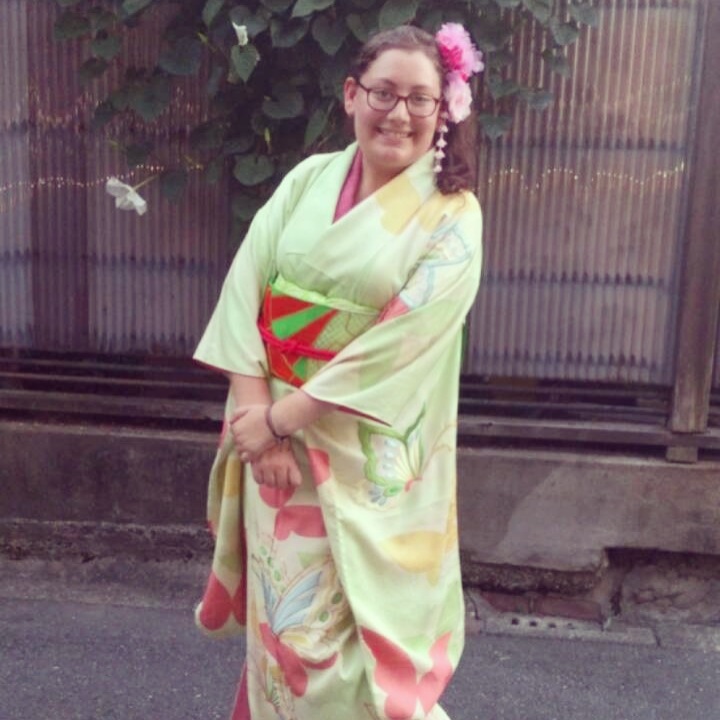At the beginning of my second semester at Scripps, I remember attending a required, yet enlightening, Off Campus Study information session. I was one of only two freshmen siting quietly in a humanities classroom surrounded by ten or twelve second-semester sophomores. The off campus advisors present didn’t even have the appropriate planning forms for freshmen and they simply asked us to write down my contact information separately with which they would schedule us an appointment. Mostly, they just seemed a bit confused as to why these freshmen were so intent on getting a meeting with Off Campus Study so far ahead of time. Truthfully, from the beginning of my first semester, I knew that there would only be a small window of time to develop what I called my “study abroad strategy” and I wanted to get working on it as soon as possible.
Like I have mentioned many a time on Beyond the Elms, I am a science major. Though undeclared at that point in time, I found myself drawn to Biology and Physics classes and was excited to take each new prerequisite. As a budding Biology student, I knew that I would have to take a substantial number of classes for my major, so planning for my sophomore, junior, and even senior semesters was essential. However, these science classes weren’t the only experiences for which I was ready to start organizing. Since early high school, I had been mesmerized by the mere thought of traveling to Japan. For me, being able to see the wondrous sites of Japan in person excited me to no end. I knew that, once I was in college, an off campus study program was my opportunity to travel there. Unfortunately, my academic and “cultural” goals eventually became mutually exclusive; it would be very difficult to study any field of science in Japan, but additionally impossible to become immersed in Japanese culture staying here at Scripps. Planning for both required finesse and I was determined to start early and fulfill both of my dreams.
While my experience of scheduling early and time management revolved around study abroad, you can utilize this type of approach for many different scenarios. It is first important to recognize what is most valuable to you, either an experience, class, opportunity, etc. Once you determine a goal or two that seems to rise above all others, you can then compare the weight of your other opportunities against them to help you develop a hierarchy or desires. “Demoting” less desired experiences both clears up your scheduling in an effort to work towards those more important tasks and strengthens your desire for certain experiences by understanding why certain wants were eliminated. The next step is to find the people or institutions that can help you achieve those larger, overarching goals. For me, this was done by not only contacting Scripps Off Campus study, but also identifying Scripps during my college search in the first place. Scripps appeared to be an institution where I would have the resources and ability to both participate in science and study abroad. You often don’t have the funds or time to accomplish many of your most important goals all on your own, so finding those people with the connections, resources, and knowledge can help to alleviate that burden.
Eventually, I was able to get to Japan without falling behind and I am still actively on the road to graduation. Since returning, I’ve been reminded that, without the work I put in before I had even stepped foot in Japan, I may never have gotten there in the first place.

